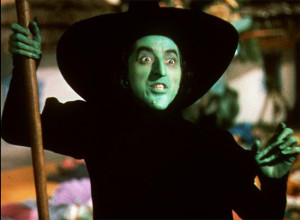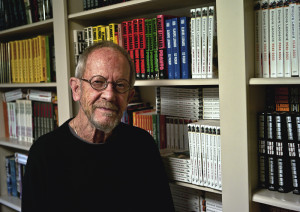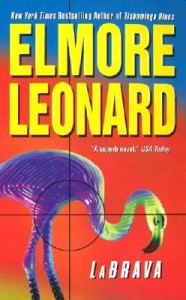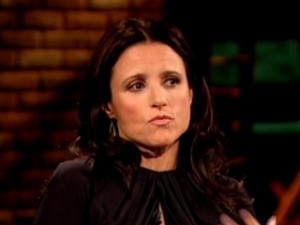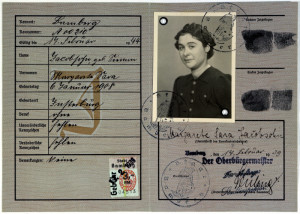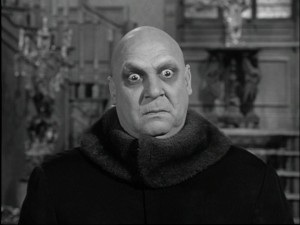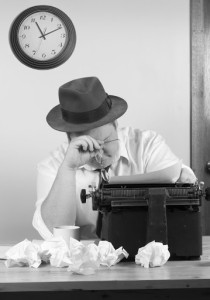It’s not easy for newbie writers. Everywhere they turn, someone’s telling them how to be truly successful. Go indie! Publish traditionally! Do both! The advocates of every path offer mind-blowing proof of their reasoning in blogs and books. The barrage is as overwhelming as middle-of-the-night infomercials for exercise machines that will trim your belly fat in only ten-minute sessions, three times a week.
Of course, these machines are modeled for by men and women with killer abs and minimal body fat. You can’t look like that without a personal trainer, religious devotion to the proper diet, and even then, as the coach said in Chariots of Fire, “You can’t put in what God left out.” You have to have the right DNA.
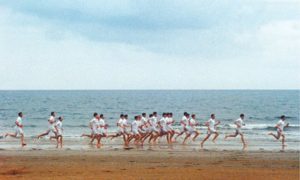 I’ve lost my patience with super-successful indie or traditionally-published authors telling the world: Publish the way I did because look how great things turned out for me. Each side reports the benefits of what they’ve done with certainty and conviction, and of course they’re either best-selling authors on the newspaper lists or best-selling authors on Amazon. Or both.
I’ve lost my patience with super-successful indie or traditionally-published authors telling the world: Publish the way I did because look how great things turned out for me. Each side reports the benefits of what they’ve done with certainty and conviction, and of course they’re either best-selling authors on the newspaper lists or best-selling authors on Amazon. Or both.
First-time authors sometimes do well with a New York press, and sometimes do well going indie. It’s all a crapshoot.
Most authors will never reach the heights of the “experts,” and not through any fault of their own. It doesn’t matter how hard you work or how amazing your book is: luck and timing are key ingredients that can’t be corralled. Books have their own karma. The right book at the right time published in the right way, well, that’s golden.
But nobody can predict when it’s going to happen. Not publicists, editors, agents, or publishers. And the authors who share their glorious experiences need to realize that though they may want to inspire and enlighten wannabes, at some level, sometimes they just make the rest of the writing world–especially newbies–us drool or wish we’d listened to our parents and gone into something predictable like, oh I don’t know, politics? 🙂
Lev Raphael is the author of 25 books in many genres, published by many different publishers. His career has been a roller coaster.

